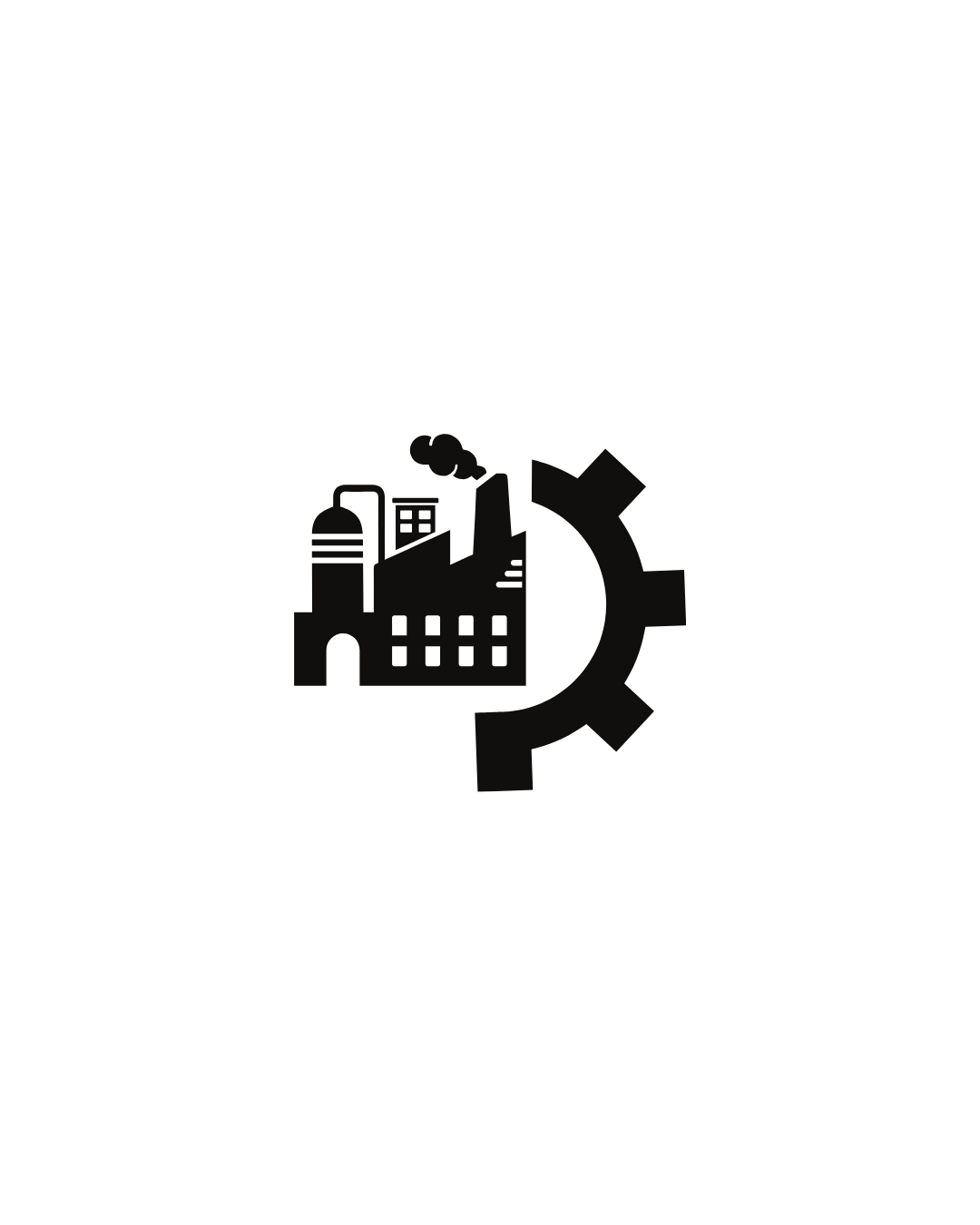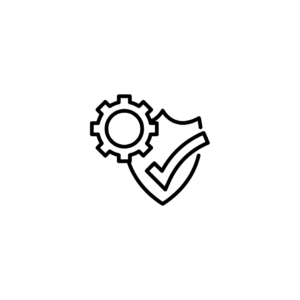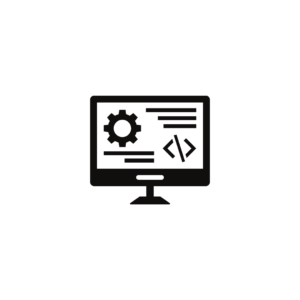Description
An Advanced Diploma in Mechanical Manufacturing is designed for individuals seeking to develop expertise in the manufacturing processes and technologies used in the mechanical engineering sector. This program provides comprehensive training in manufacturing principles, machine operation, design, and quality control, preparing students for careers in various industries, including automotive, aerospace, and general manufacturing.
Course Details:
Duration: Typically 1 to 2 years, depending on the institution and program structure.
Eligibility: Candidates usually need a higher secondary education (12th grade) or equivalent qualifications in science or engineering.
Mode of Study: Offered in full-time or part-time formats, often with a blend of theoretical classes and practical hands-on experience.
Curriculum:
The curriculum for an Advanced Diploma in Mechanical Manufacturing generally covers the following key areas:
1. Fundamentals of Manufacturing
Manufacturing Processes Overview:
Understanding various manufacturing processes, including machining, forming, casting, and additive manufacturing.
Materials Science:
Introduction to materials used in manufacturing, including metals, polymers, and composites.
2. Mechanical Drawing and CAD
Technical Drawing:
Skills in creating and interpreting technical drawings and schematics.
Computer-Aided Design (CAD):
Training in CAD software for designing mechanical components and systems.
3. Machining and Tooling
Machining Techniques:
Overview of machining operations, including turning, milling, grinding, and drilling.
Tool Design:
Understanding the principles of tool design and selection for various manufacturing processes.
4. Quality Control and Assurance
Quality Management Systems:
Introduction to quality control methods and standards, such as ISO 9001.
Statistical Process Control (SPC):
Techniques for monitoring and controlling manufacturing processes using statistical methods.
5. Manufacturing Technology
Automated Manufacturing Systems:
Study of automation technologies, including robotics and computerized numerical control (CNC) systems.
Lean Manufacturing Principles:
Understanding lean techniques to improve efficiency and reduce waste in manufacturing.
6. Mechanical Systems and Components
Basic Mechanics:
Fundamentals of mechanics as they apply to mechanical systems and machines.
Component Design:
Principles of designing mechanical components such as gears, bearings, and fasteners.
7. Thermal and Fluid Systems
Thermodynamics:
Basics of thermodynamics and its application to manufacturing processes.
Fluid Mechanics:
Study of fluid properties and behavior in mechanical systems.
8. Manufacturing Management
Production Planning and Control:
Techniques for planning and controlling manufacturing operations, including scheduling and inventory management.
Project Management:
Introduction to project management principles and tools as applied to manufacturing projects.
9. Sustainable Manufacturing
Environmental Considerations:
Understanding the impact of manufacturing processes on the environment and exploring sustainable practices.
Waste Management:
Techniques for reducing waste and managing by-products in manufacturing.
10. Practical Training and Industry Experience
Hands-On Laboratory Experience:
Practical sessions in machining, assembly, quality inspection, and other manufacturing operations.
Internship Opportunities:
Field placements in manufacturing organizations to gain real-world experience.
Assessment:
Assessment methods in this program may include:
Practical Assessments:
Evaluation of hands-on skills demonstrated during lab sessions and internships.
Written Assignments:
Research papers, project reports, or lab reports on manufacturing processes and technologies.
Oral Presentations:
Presentations on manufacturing projects, design concepts, or case studies related to mechanical manufacturing.
Career Opportunities:
Graduates of the Advanced Diploma in Mechanical Manufacturing can pursue various career paths, including:
Manufacturing Engineer: Designing and optimizing manufacturing processes and systems.
Production Supervisor: Overseeing production operations and managing teams in manufacturing settings.
Quality Control Inspector: Ensuring products meet quality standards through inspection and testing processes.
CNC Machinist: Operating CNC machines for precision manufacturing of components.
Tool and Die Maker: Designing and fabricating tools and dies used in manufacturing processes.
This advanced diploma program is ideal for individuals who are passionate about engineering and manufacturing and wish to gain the skills necessary for a career in a dynamic and evolving industry. It provides a solid foundation in mechanical principles and manufacturing technologies, preparing students to contribute effectively to their chosen fields. If you have any further questions or need more information, feel free to ask!









